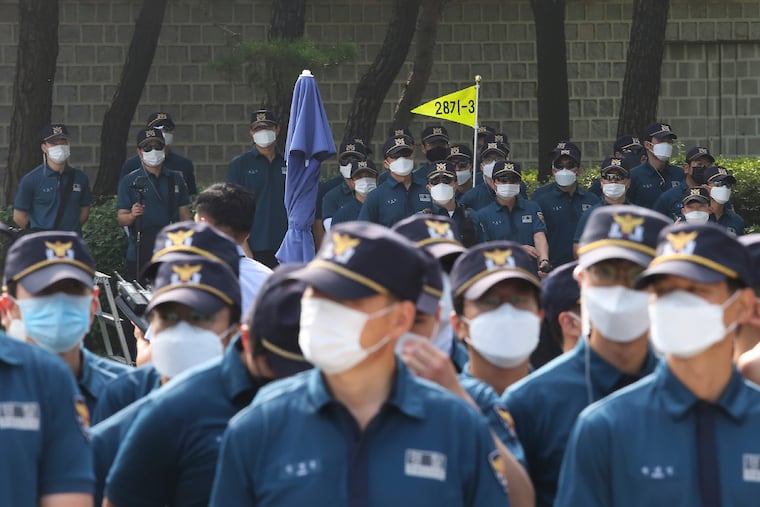To beat COVID-19, we need to trust public health l Expert Opinion
There is no vaccine and no effective treatment, so individual willingness to change behavior is the only way to stop the transmission of a deadly virus that exploits our physical contacts.

A century of court rulings gives state and local public health officials the wide authority to restrict individual liberty in order to control disease and protect health. But this power isn’t enough to stop a pandemic.
Public health’s real power comes from something less tangible — trust. Trust that the people running these health agencies act in the public’s best interest. Trust that they will share accurate and timely information. Trust that they treat all people equally and fairly. And trust that public health decisions are backed by science and untainted by political partisanship.
Trust is critical in the coronavirus pandemic response. There is no vaccine and no effective treatment, so individual willingness to change behavior is the only way to stop the transmission of a deadly virus that exploits our physical contacts. To limit its spread, we are employing epidemic control measures that have been around for centuries — isolation, quarantine, social distancing, hygiene, etc.
A legal mandate to do these things will only go so far. We do them because of our social contract to care about each other. We do them when we see others doing them. We are also more likely to do these things when we trust and believe in the people asking us to do them.
Sadly, the number of people who say they trust the federal government has decreased from over 70% in the 1950s to 17% this year. This is trust in government broadly, but it’s not hard to imagine this spilling over to trust in national, state, and local public health officials and their ability to respond effectively in a disaster.
For decades, Americans have been told their government can’t do anything right. Every government failure is further proof of its inadequacy, creating a self-reinforcing loop of dysfunction.
Further undermining faith in institutions are long-running PR campaigns to sow public doubt in science and its practitioners. Decades-long efforts to dispute conclusions about smoking, vaccines, and global warming subvert trust in proven scientific facts.
Public health is not blameless in this erosion of trust. It took many years for the U.S. Public Health Service to stop and acknowledge the racist legacy of the Tuskegee Syphilis Study, which needlessly exploited and harmed hundreds of Black men and undermined the African American community’s trust in public health.
The SARS-CoV-2 virus is raging in the U.S., especially in states that downplayed the risk and yielded to calls for reopening businesses. But rather than stand together and model an appropriate and coordinated response against COVID-19, political leaders at all levels are paragons of fecklessness and distrust. President Donald Trump grumbles about the treatment being worse than the disease and blames too much testing for revealing the full extent of the outbreak.
Some politicians are actively undermining and attacking the professionals trying to protect our health and economy rather than take responsibility for their failed leadership. They use their power to manipulate health data and downplay the impact of a virus that is sending up to 20% to the hospital and killing over 1% of the diagnosed. Public health officials have been forced out of their jobs and subjected to death threats when they try to do their jobs.
And then there’s the mask. This simple and effective tool to limit spread has been turned into a political loyalty test. The president even mused that people wear them as an anti-Trump symbol, sabotaging the lifesaving message of his own public health experts. It’s not surprising that some Republican officials have been reluctant to mandate their use even in the face of a rising number of cases. They’d rather risk more COVID-19 deaths than a mean tweet.
This lack of a consistent, objective, and scientifically valid national message further erodes public trust. No one seems to be in charge. Authoritative voices like Anthony Fauci are drowned out and constrained. False and misleading information is amplified by biased media outlets, reinforcing the government-can’t-do-anything-right narrative. No one knows who to believe. And when you don’t know who to believe, you’ll believe anything.
Drew Harris, a population health and health policy analyst, is a member of The Inquirer’s Health Advisory Panel.